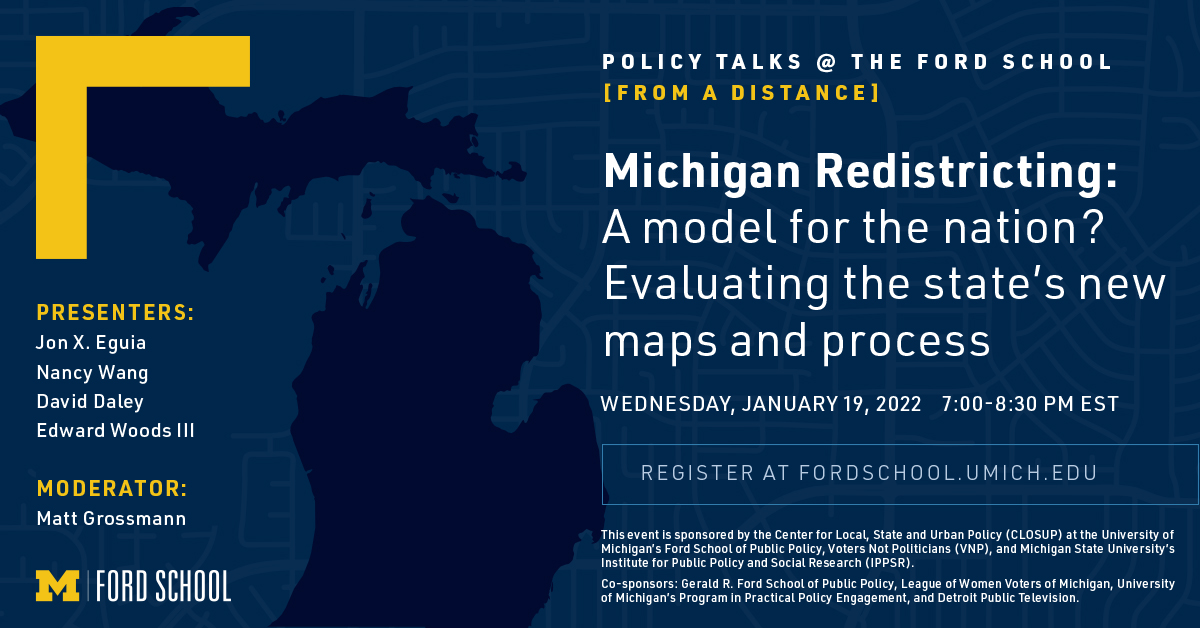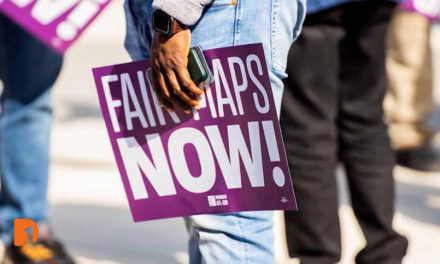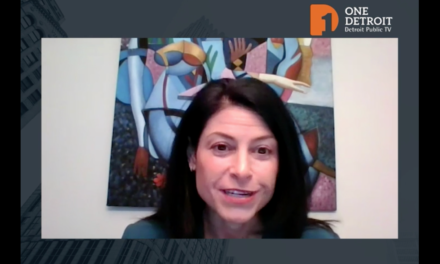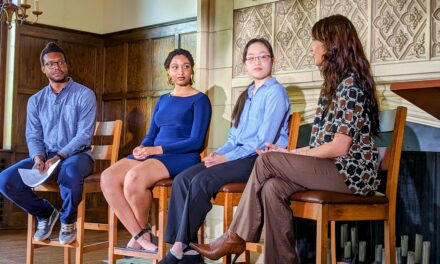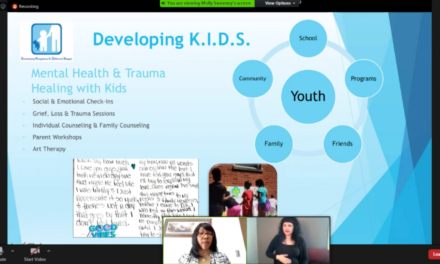Live Virtual Event: January 19, 2022 at 7-8:30 p.m. EST
On the heels of brand new electoral maps being announced in Michigan, through an innovative publicly-voted process, The University of Michigan Ford School of Public Policy’s latest roundtable discussion explores the Michigan Independent Citizens Redistricting Commission’s new congressional and legislative maps and examine the state’s new process for drafting voting districts.
Hosted in conjunction with the University of Michigan Ford School’s Center for Local, State and Urban Policy (CLOSUP), the webinar discusses how Michigan’s new citizen-led model compares to other states’ process across the nation, and roundtable guests posit whether Michigan’s new model could inspire reform in those states too.
As these new redistricting maps begin to shape Michigan’s elections and political trajectory, this webinar provides an educational and engaging look inside Michigan’s redistricting process and how it’ll impact the state going forward.
Watch Now:
Roundtable Panelists:
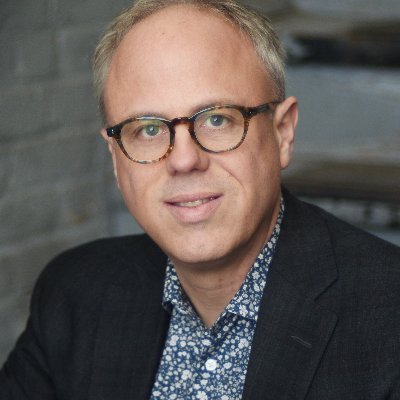 David Daley
David Daley
David Daley is the author of the national best-seller “Ratf**ked: Why Your Vote Doesn’t Count” and “Unrigged: How Americans Are Battling Back to Save Democracy,” which Nancy MacLean hailed as “exactly the book that those of us who fear for the future of our country need right now.” “Ratf**ked” has been credited for helping inspire the national drive to reform redistricting and was the basis of the award-winning documentary “Slay the Dragon.” Eric Holder has called him “our Paul Revere of partisan gerrymandering.” His journalism on voting rights and democracy appears regularly in the New Yorker, the New York Times, the Atlantic, the Guardian and many other publications. He is the former editor in chief of Salon, a senior fellow at FairVote, and has taught political science and journalism as a fellow at Wesleyan University, Boston College and the University of Georgia.
 Jon Eguia
Jon Eguia
Jon Eguia, PhD, is a professor of economics and (by courtesy) of political science at Michigan State University. He joined Michigan State in 2014. He has also taught at New York University, at the University of Bristol and at Harvard University. He serves as an Associate Editor for the Journal of the European Economic Association. His expertise is in Collective Choice, Institutional Design and Political Economy. His work on partisan fairness in redistricting is forthcoming in the Election Law Journal, and he is the lead author of Michigan Redistricting Map Analysis, a report on the 2021 Michigan redistricting maps published by the Institute of Public Policy and Social Research. He earned his doctorate in Social Sciences at Caltech in 2007.
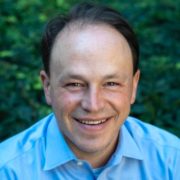 Matt Grossmann
Matt Grossmann
Matt Grossmann is director of the Institute for Public Policy and Social Research and professor of political science at Michigan State University. He is also senior fellow at the Niskanen Center and a Contributor at FiveThirtyEight. He is the author or coauthor of many books, including How Social Science Got Better, Asymmetric Politics, Red State Blues, The Not-So-Special Interests, Artists of the Possible, and Campaigns & Elections, as well as dozens of journal articles. He has published analysis in The New York Times, The Washington Post, and Politico and hosts the Science of Politics podcast. He is also opening a bookstore, coffee shop, and wine bar in Lansing.
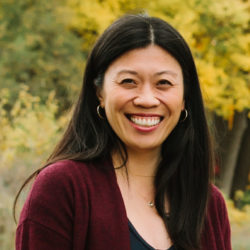 Nancy Wang
Nancy Wang
Nancy Wang is the executive director and a founding member of Voters Not Politicians, the grassroots group that led the successful 2018 ballot initiative campaign to amend the Michigan constitution to put voters, not politicians, in charge of redistricting in Michigan. In the 2020 election cycle, VNP launched the VoteSafe campaign to protect public health and the integrity of our elections during the COVID-19 pandemic.
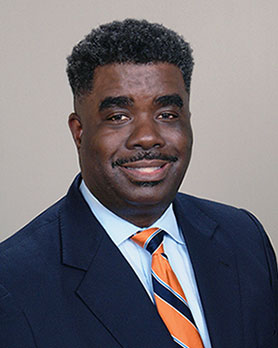
Edward Woods III
Edward Woods III is the communications and outreach director for the Michigan Independent Citizens Redistricting Commission (MICRC). He leads the awareness and engagement efforts as it relates to redistricting for the Commission. He has been responsible for creating and executing a multimedia and inclusive public awareness campaign about the redistricting process; collaborating with statewide organizations and community groups to engage all Communities of Interest in the redistricting process; and coordinating and responding to media inquiries about the redistricting process in Michigan. Being a lifelong Michigander, Edward has extensive experience working for governments and nonprofits in senior leadership, communications, and professional development positions. As a two-time elected nonpartisan official and advocate, Edward enjoys this unique opportunity to explain Michigan’s new redistricting process.
Sponsors:
This is the final redistricting webinar in a series sponsored by the Center for Local, State and Urban Policy (CLOSUP) at the University of Michigan’s Ford School of Public Policy, Voters Not Politicians, and Michigan State University’s Institute for Public Policy and Social Research. Co-sponsors include the Gerald R. Ford School of Public Policy, League of Women Voters of Michigan, University of Michigan’s Program in Practical Policy Engagement, and Detroit Public Television.
Watch previous redistricting webinars:
How communities can promote their interests in Michigan’s redistricting: Lessons learned
Michigan redistricting: making public hearings fair and effective
The next big thing: redistricting in Michigan and the role of communities of interest
Subscribe to One Detroit’s YouTube Channel & Don’t miss One Detroit Mondays and Thursdays at 7:30 p.m. on Detroit Public TV, WTVS-Channel 56.
Catch the daily conversations on our website, Facebook, Twitter @DPTVOneDetroit, and Instagram @One.Detroit
View Past Episodes >
Watch One Detroit every Monday and Thursday at 7:30 p.m. ET on Detroit Public TV on Detroit Public TV, WTVS-Channel 56.

